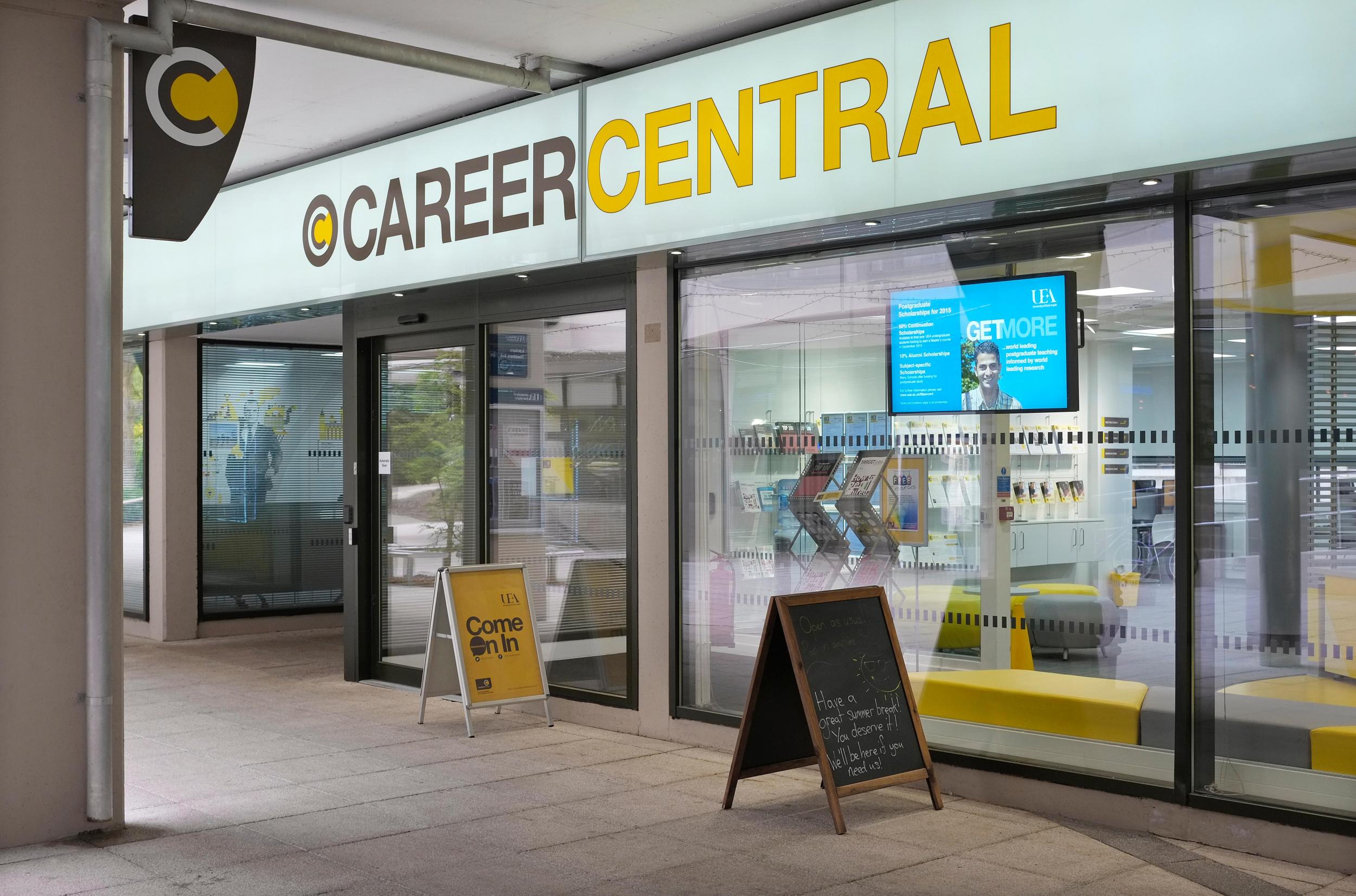Coping with the big, wide world
The transition from university to real life can seem daunting. Jessica Moore helps you steer safe passage

Ah, university. It’s like being a grown-up, but with freely available personal, professional and academic support, subsidised beer, an unrealistically relaxed timetable, and all your mates living on your doorstep. Graduation can come as a bit of a shock.
Don’t worry. “Every university that I’m aware of has some alumni provision,” says Kate Daubney, director of careers and employability at the University of Chester. “Graduates normally have two or three years of free access to come back and ask for help – and some careers services will provide that by Skype or telephone.”
Different institutions provide different services, so find out what’s available to you. “At Chester, we have a three-day programme for graduates who are either not in a job or not in a job they want to be in. We take graduates from other universities as well. We look at their CV, give interview practice, and we can find them a five-week work placement.”
Employers can be supportive too. According to Ross Whistler, marketing manager at graduate-jobs.com, “Big employers put a lot of budget behind branding and advertising to target graduates and into training schemes where graduates spend a year or two going into different departments and are almost guaranteed a role at the end.” Smaller companies can also offer an excellent start to your career. “You’re usually a bit closer to the action and have more opportunity to take control of a project,” explains Whistler.
The cruel truth of graduate life, meanwhile, is that it’s expensive. There’s rent to pay, along with utility, food and travel bills. But one cost you shouldn’t lose sleep over is tuition fee repayment. On the website he created, moneysavingexpert.com, Martin Lewis advises graduates to ignore headlines about student debt and concentrate instead on how much they will repay, explaining that, under the system that started in England in 2012, graduates only start settling their debt when they’re earning over £21k, paying nine per cent of everything above that. Land a job with a £22k salary, for example, and you will repay £90 over a year, or £7.50 each month (nine per cent of £1k). While the big picture may seem scary, the monthly debt is unlikely to dent your balance sheet.
While graduation, undeniably, brings greater pressures than student life, support is available to help you ease into working life as a fully-functioning, independent adult. Grab it with both hands. As for the price of a pint? Sadly, the glory days of subsidy are behind you.
Subscribe to Independent Premium to bookmark this article
Want to bookmark your favourite articles and stories to read or reference later? Start your Independent Premium subscription today.

Join our commenting forum
Join thought-provoking conversations, follow other Independent readers and see their replies
Comments